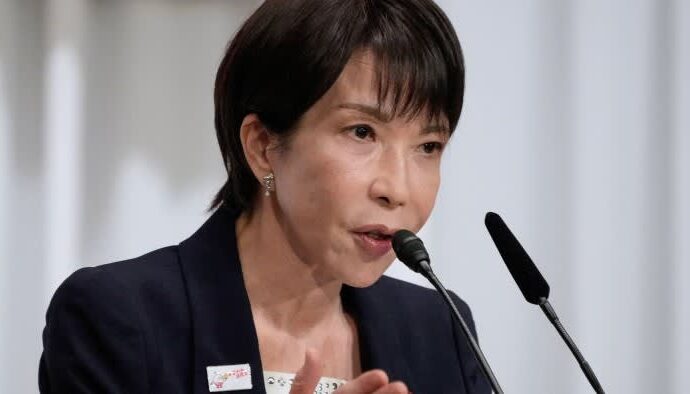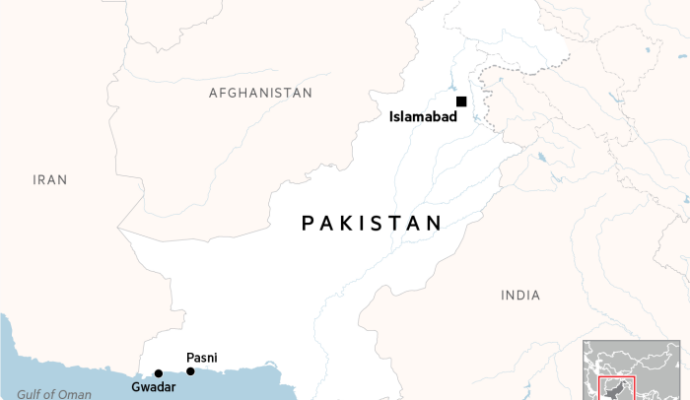Unlock the Editor’s Digest for free
Roula Khalaf, Editor of the FT, selects her favourite stories in this weekly newsletter.
Hyundai Motor reported a 22 per cent drop in second-quarter profits on Thursday, as steep US auto tariffs began to bite amid intensive efforts by South Korean officials to secure relief for their carmakers.
Hyundai, which together with sister company Kia forms the world’s third-largest auto group by sales, managed to increase US sales in the first half of 2025 by 10 per cent compared with a year earlier, as it drew upon existing inventory and vehicles produced at its American manufacturing facilities.
The move led to record revenues of Won48.29tn ($35.3bn) in the three months to June as global vehicle sales climbed to their highest level since 2020. But its second-quarter net profit fell 22 per cent to Won3.25tn, as the company reported a Won828bn ($600mn) hit as a result of US tariffs.
Seung Jo Lee, executive vice-president and finance chief of Hyundai Motor, told an earnings call that while the company could not predict the outcome of trade talks between the US and South Korea, the impact of American tariffs would “of course be bigger” in the third and fourth quarters, if the levies were to remain in place.
He added that the company would make decisions on pricing strategies in response to moves made by its competitors in the US market.
Hyundai’s declining profitability comes as South Korean officials desperately seek relief from US auto tariffs in trade talks that were scheduled to be held in Washington this week.
Domestic pressure is mounting on the Korean government to seal an agreement at least on a par with the 15 per cent tariff secured by Japan this week. In comparison, Korean auto exports to the US are still subject to a 25 per cent tariff imposed by President Donald Trump in April.
While “2+2” talks between the Korean finance and trade ministers and their US counterparts had been scheduled to take place in Washington on Friday, the South Korean finance ministry confirmed on Thursday they would be postponed, after US Treasury secretary Scott Bessent pulled out owing to a scheduling conflict. Talks are still expected to take place between the two countries’ trade envoys.
Hyundai and Kia have transformed their business in the US from a little-known foreign entrant to one of the market’s most dominant marques, particularly in EV sales.
In March, it completed construction of a $7.6bn EV plant in the US state of Georgia, with an annual production capacity of up to 500,000 vehicles. It has also announced a $5.8bn investment by its steel subsidiary in a new steel mill in Louisiana.
The group’s progress in the US is part of a wider global push, targeting markets in Europe, India, the Middle East and south-east Asia, after a collapse of its sales in China over the past decade. It also finds itself under pressure in its home market, with models from BYD and Tesla both outselling Hyundai and Kia’s domestically produced EV offerings.

